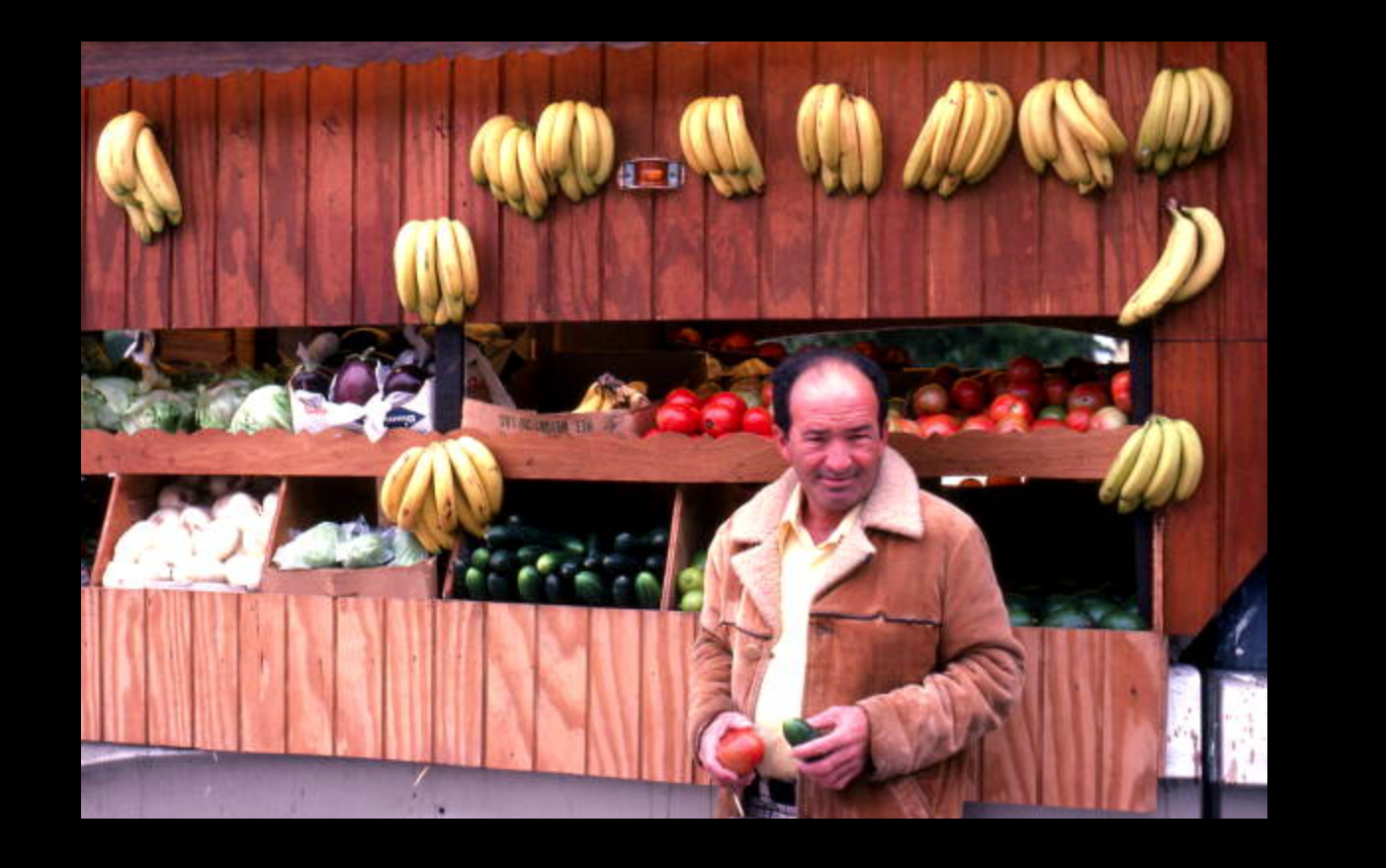657: 2/2 Cubanos in Wisconsin, by Silvio Canto Jr. and Gabriel Canto.

Image: Fruit and vegetable stand in Little Havana (https://en.wikipedia.org/wiki/Little_Havana) , Miami (https://en.wikipedia.org/wiki/Miami) (1980). Cubanos in Wisconsin, by Silvio Canto Jr. and Gabriel Canto. https://www.amazon.com/Cubanos-Wisconsin-Silvio-Canto-Jr/dp/0615714994 From the quiet Cuban town of Ciego to the bustling city of Havana, no Cuban was unaffected by Fidel Castro’s rise to power in the late 1950’s. Fidel’s Revolución, which began with rallies, parades, and truckloads of hope, smothered the island of Cuba with oppressive public policies that gutted the small nation’s system of enterprise and muzzled the vibrant Cuban culture of the 1950’s. Symbols of capitalism were torn down and private schools were replaced with “Revolutionary Schools” established to spread Castro’s message. The country’s religious leaders were excommunicated and proud Cuban traditions like the Cuban Winter Baseball League became Fidel’s props, instruments for social and economic control. As more and more dissenters were imprisoned or killed fighting shadow wars to overthrow the regime, it was clear that human rights had become a fairy tale that existed across the sea in America. Following the failed, U.S.-led invasion at the Bay of Pigs, Fidel’s death grip on the island grew unbearable. Like scores of other Cubans, Silvio Canto’s family fled their home country for the opportunity to lead a life of peace and freedom. The journey to freedom would not be easy. Before they left the island, the family faced boisterous Cuban officials and food shortages. Silvio watched in horror as his father’s attempt to maintain autonomy repeatedly ended in vain and his mother’s frustration with the new Cuba reached a tipping point. Leaving the island was only the first step towards their eventual resettling in a far away land called Wisconsin. Along the way the family faced an earthquake in Mexico City, poverty and dismay in Jamaica, and culture shock in America. They lost their way of life, their country, and their dreams of a free Cuba, but, with the support of family and friends, the family started a new life and formed a new identity. They became Cubanos in Wisconsin. ..